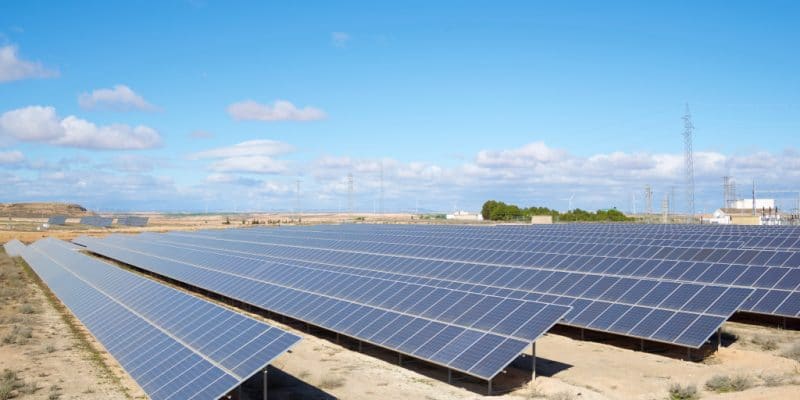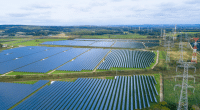CrossBoundary Energy, a Nairobi (Kenya) based electricity access provider, has signed a partnership with Zoodlabs, a digital and technology services provider. CrossBoundary will equip its fibre optic facilities with an off-grid hybrid solar power plant.
CrossBoundary Energy is embarking on a new project in West Africa. The solar photovoltaic energy provider has signed a partnership with digital service provider Zoodlabs, the US Agency for International Development (USAID), the Shell Foundation, PowerHive and Netis. The agreement covers the installation of an off-grid solar power plant with a battery storage system to provide continuous electricity to Zoodlabs’ undersea fibre optic facilities in Sierra Leone.
These partners are allocating between $1.5 and $2 million in capital investment. The funding will enable the construction of a 1.2 MW solar photovoltaic power plant, which will be connected to a battery storage system. The aim is to enable Zoodlabs’ facilities to continue to benefit from clean energy after sunset or in bad weather. The storage will also help stabilise its power grid.
Read also- SENEGAL: CrossBoundary to supply 13 MW of solar power to GCO facilities
“Zoodlabs has an incredible ambition to improve broadband internet access in Sierra Leone and power this infrastructure entirely with off-grid renewable energy. We are delighted to be working with Zoodlabs, PowerHive and Netis to deliver this important project for Sierra Leone’s digital economy. This is a great example of what we believe solar energy can do to revolutionise business in Africa,” says James Shoetan, CrossBoundary Energy’s Head of Business Development.
Zoodlabs sees this solar energy project as part of its commitment to the climate. Indeed, the Davar Fazaeli-led company estimates that the solar power plant will provide electricity to its sites without generators 356 days a year, avoiding 347.41 tonnes of CO2 equivalent emissions over the same period.
Jean Marie Takouleu






